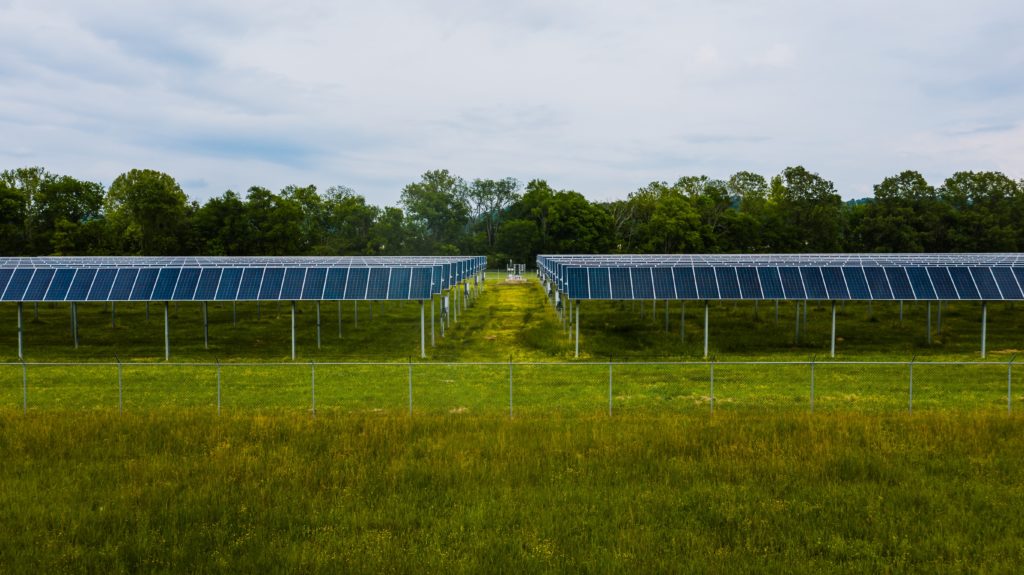
Introduction to Solar Panel Maintenance
Solar panels are a long-term investment in renewable energy that can help you save money on your electricity bills while also reducing your carbon footprint. However, like any investment, solar panels require maintenance to ensure their longevity and efficiency.
Proper solar panel maintenance involves more than just cleaning the panels from time to time. It requires a comprehensive approach that includes regular inspections, cleaning, and monitoring of the system’s performance. Neglecting maintenance can cause a significant decrease in your system’s output and reduce the panels’ lifespan, ultimately increasing your overall costs.
This article will explore the best practices for solar panel maintenance to help ensure your system’s longevity and efficiency.
Regular Inspections
Regular inspections are essential for maintaining the efficiency of your solar panel system. Inspections help identify any issues that may cause a drop in output or damage the panels.
Inspecting your solar panels is a straightforward process that doesn’t require any special equipment or technical expertise.
During a solar panel inspection, you should look for:
- Debris on the panels – Dirt, dust, leaves, and bird droppings can accumulate on the panels, reducing their efficiency. Avoid using abrasive materials or high-pressure water as they can scratch or damage the panels.
- Shading – Shading from trees, buildings, or other structures can decrease your system’s output significantly. Trim any nearby trees or vegetation that could cause shading or relocate your panels to a more suitable location.
- Cracks or damage – Cracks, chips, or any other visible damage to the panels can cause a decrease in output or even lead to a complete failure of the system. If you notice any damage, contact a professional to repair or replace the damaged panel.
- Loose connections – Loose connections can cause a drop in output or even lead to a fire hazard. Inspect all connections and wires for any signs of wear and tear or looseness.
Cleaning Your Solar Panels
Cleaning your solar panels is another crucial aspect of solar panel maintenance. Keeping your panels clean can increase their efficiency and help prolong their lifespan.
Dirt, dust, leaves, and bird droppings can accumulate on the panels, blocking sunlight and reducing their output. Regular cleaning can help ensure maximum efficiency and output.
When cleaning your solar panels, avoid using abrasive materials or high-pressure water as they can scratch or damage the panels. Instead, use a soft brush or cloth and water to gently clean the panels.
You can also invest in a solar panel cleaning kit that includes a specialized cleaning solution and a soft brush or cloth.
Monitoring Your System’s Performance
Monitoring your solar panel system’s performance is critical to ensuring its longevity and efficiency. Monitoring can help identify any issues with the system and enable you to make adjustments to optimize its performance.
Most modern solar panel systems come with monitoring software that allows you to track your system’s performance in real-time. The software provides information on the system’s output, including the amount of energy produced, energy consumed, and the system’s efficiency.
Monitoring your system’s performance can help you identify any issues that may cause a drop in output or efficiency, such as shading or damage to the panels.
If you notice any issues with your system’s performance, contact a professional to diagnose and fix the problem.
Seasonal Maintenance
Seasonal maintenance is also essential for ensuring your solar panel system’s longevity and efficiency. Changes in the weather and seasons can affect your system’s output and performance.
